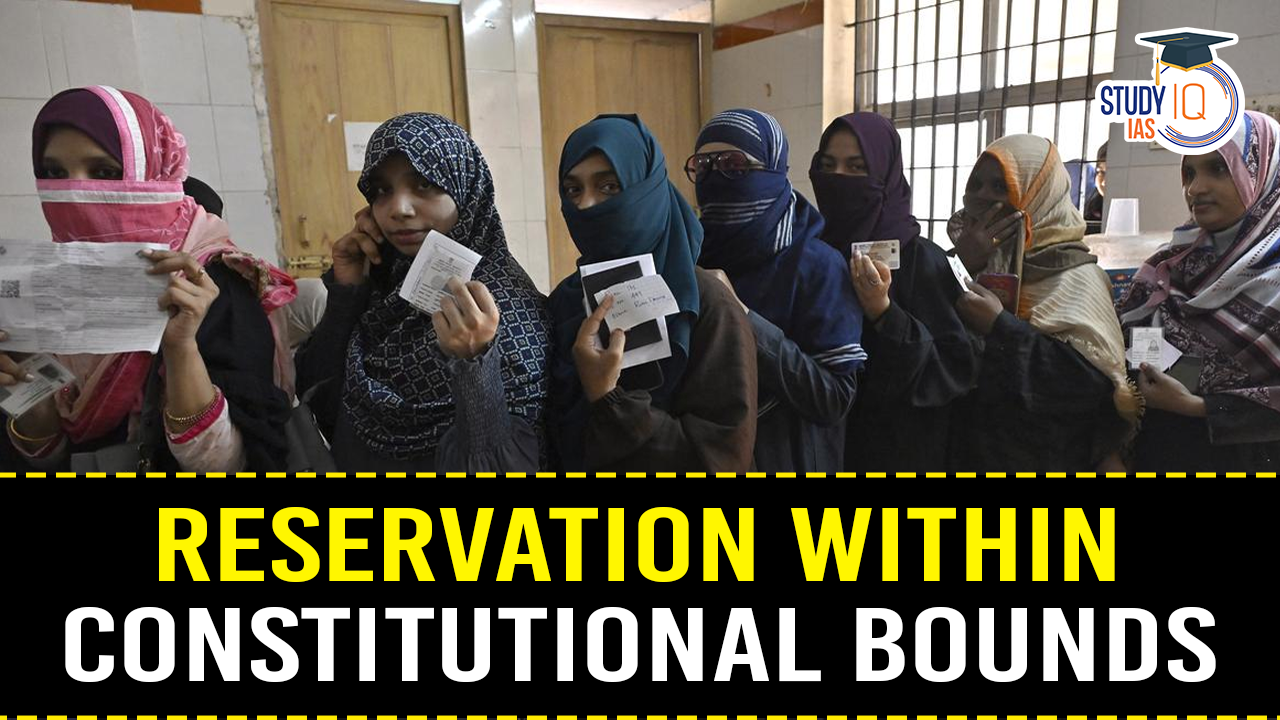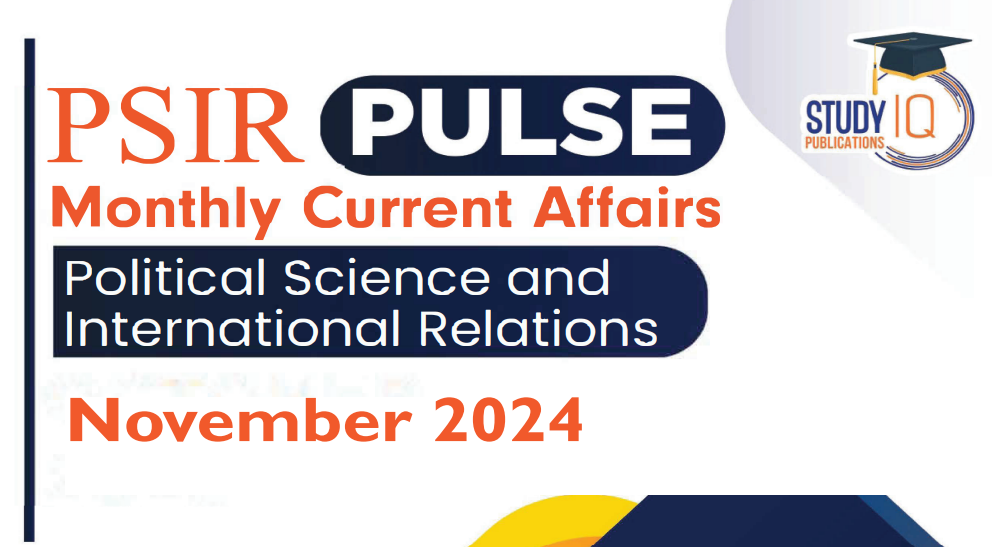Table of Contents
Context: Political conflict has erupted over reservation policy.
Constitutional Basis of Affirmative Action for Reservation
- Social Justice and Equality: The Indian Constitution seeks social justice alongside equality (Articles 15 & 16) but allows the state to make special provisions for the advancement of OBCs, SCs, and STs.
- OBC Definition: OBC stands for Other Backward Classes, encompassing socially and educationally disadvantaged castes.
- Some states further define MBCs (Most Backward Classes).
- Reservation Caps: The Supreme Court upheld 27% OBC reservation in the Indra Sawhney case (1992) and established a 50% cap for total reservations to maintain equality unless exceptional circumstances exist.
- Current reservations are: OBC (27%), SC (15%), ST (7.5%) = 49.5%.
- EWS Reservation: Economic criteria alone can also be the reservation basis, as per the Janhit Abhiyan case (2022) which upheld reservations for Economically Weaker Sections (EWS).
- Creamy Layer: OBCs have a creamy layer exclusion based on income (currently ₹8 lakhs per annum).
Important Developments with respect to Reservation
Affirmative Action in Other Countries
- S.: Affirmative action specifically targets racial minorities, but is currently under scrutiny by the Supreme Court (Fair Admissions vs Harvard case).
- K.: Positive action is voluntary and helps employers address under-representation.
- France: Measures focus on opportunities for low-income students, not race or ethnicity.
Current Debate on Reservation
- Historical Context: The Constituent Assembly was opposed to reservations based solely on religion, adhering to the principle of non-discrimination based on religion as outlined in Articles 15 and 16 of the Constitution.
- Reservations in Karnataka: Since 1995, Karnataka has included sub-categories for Muslims within the OBC quota. The H.D. Deve Gowda government initially introduced this 4% sub-categorization, which was later removed by Basavaraj Bommai’s government and redistributed among Hindu OBCs. Following a court’s intervention, the original status was maintained.
- Broader Application: In states like Kerala, Tamil Nadu, and Andhra Pradesh, sub-categorization within the OBC/MBC quota also includes Muslim communities, reflecting the constitutional category of ‘socially and educationally backward classes’ that encompasses all religions.
- Scheduled Castes Specificity: The Constitution (Scheduled Castes) Order, 1950, specifies that only those professing Hinduism, Sikhism, or Buddhism can be considered members of Scheduled Castes, a restriction not applied to Scheduled Tribes.
- Congress’s Reservation Stance: The Congress party has pledged to work towards removing the 50% cap on reservations to expand the scope of affirmative action.
The Way Forward
- Rohini Commission: Established to evaluate sub-categorization among OBCs, it found that a significant majority of benefits have been acquired by a small fraction of the OBC castes/sub-castes, with many communities having no representation in jobs or educational institutions.
- State vs. Central Implementation: While sub-categorization has been implemented in 11 states, it has not been adopted at the national level.
- Creamy Layer in SC/ST: Unlike the OBC category, there is no creamy layer exclusion for SC and ST communities, leading to a concentration of reservation benefits.
- Dalit Christians and Muslims: These groups face substantial discrimination and lack opportunities.
- A commission led by former CJI K.G. Balakrishnan is reviewing the possibility of extending SC reservation benefits to Dalits who convert to religions other than Sikhism and Buddhism.
- Policy Considerations: Proposals include increasing the reservation cap beyond 50%, introducing creamy layer criteria for SC and ST, and extending SC reservations to include Dalit Christians and Muslims.
- These are sensitive issues requiring careful deliberation to ensure that reservation benefits reach the most marginalised sections while maintaining a balance with the equality principles enshrined in the Constitution.


 Pariksha pe Charcha 2025, Overview, Even...
Pariksha pe Charcha 2025, Overview, Even...
 National Policy on Framework on Agricult...
National Policy on Framework on Agricult...
 How Scientists used Scotch tape to Creat...
How Scientists used Scotch tape to Creat...




















